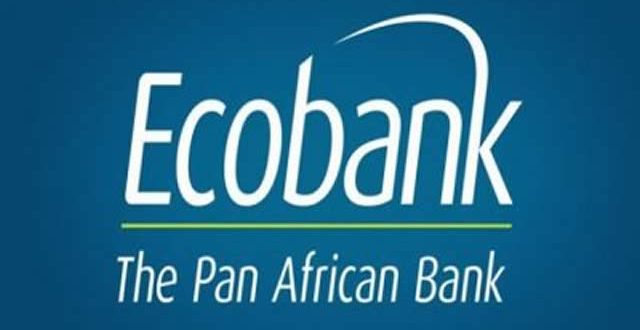LAGOS – Ecobank Nigeria in collaboration with Lagos Chamber of Commerce and Industry (LCCI), has provided insights into the various financing options available for exporters, regulatory frameworks, and the role of public and private sector institutions in promoting exports businesses.
President, LCCI, Asiwaju (Dr.) Oladele Cole said breaking barriers to export finance is critical to stakeholders in the export and import business.
Dr Cole, who was speaking at a seminar organized in conjunction with Ecobank Nigeria said it was targeted to expose and sensitize the industry stakeholders on the potentials and rich possibilities locked in the industry.
Also speaking, Executive Director, Commercial Banking, Ecobank Nigeria, Kola Adeleke stated that export finance remains a critical tool for businesses looking to expand globally, noting that it is essential to find ways to break the barriers that hinder businesses from accessing it.
“Export finance can help businesses bridge the funding gap that often occurs between production and payment, enabling them to take on larger orders and enter new markets.
“It is also crucial in managing risks associated with exporting, such as foreign exchange rate fluctuations, non-payment by overseas customers and political risks,” Adeleke noted.
He disclosed that Ecobank remains the Bank to partner with, in terms of getting ahead of trade export business in Nigeria.
According to him, “Our unique positioning in 33 African countries enables us to leverage our extensive network to reduce the number of financial partners and relationships in executing trade.
“We own the switch connecting countries where we operate across Africa. This centralized switch enables easy integration.
“We possess knowledge of the local markets in which we operate resulting in unparallel financial advisory.
“We offer real-time settlement across Africa and our customers enjoy instant transfers across thirty three African countries.
“Ecobank has a reputation for developing innovative products as the bank has won us several international, regional, and local awards and we aspire to be the gateway to pan-African payments and trade”, Adeleke posited.
The seminar provided the participants with insights into the various financing options available for exporters, regulatory frameworks, and the role of public and private sector institutions in promoting exports.
Presentations were also made on the role of export credit agencies such as NEXIM and other government agencies in supporting export finance and explore the challenges faced by businesses in accessing these services.
 Startrend International Magazine For Your Latest News And Entertainment Gists
Startrend International Magazine For Your Latest News And Entertainment Gists





